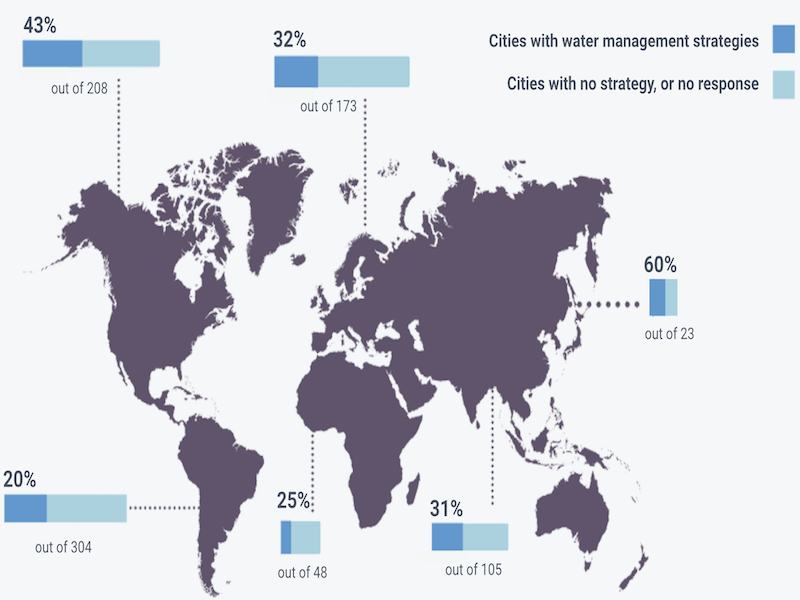england times-Access to clean and safe water is essential for human health agriculture industry and the environment. However there are various challenges associated with water scarcity pollution and inadequate water management.The world water problem is a complex issue with several dimensions.
Water Scarcity
Many regions around the world face water scarcity where the demand for water exceeds the available supply.This scarcity can be due to factors such as population growth, urbanization, climate change and inefficient water usage.It can lead to competition for water resources, affecting agriculture, livelihoods and overall economic development.
Water Pollution
Water pollution caused by industrial waste, agricultural runoff and inadequate sanitation practices poses a significant threat to water quality. Contaminated water sources can have detrimental effects on human health, ecosystems and biodiversity. Addressing water pollution requires robust environmental regulations improved waste management practices, and sustainable agricultural techniques.
Access to Clean Water
The lack of access to clean and safe drinking water affects millions of people worldwide particularly in developing regions. Limited access to clean water contributes to poor sanitation and hygiene leading to the spread of waterborne diseases. It is crucial to improve infrastructure promote sustainable water management and ensure equitable access to clean water for all.
Sustainable Water Management
Achieving sustainable water management involves balancing water use for different sectors while ensuring long term availability and preserving ecosystems. It requires efficient irrigation techniques, water conservation measures, watershed management and collaborative efforts among governments, communities and organizations.

Overall
Addressing the world water problem requires a comprehensive approach that combines conservation efficient use of water resources pollution control infrastructure development and equitable access to clean water. It also necessitates global cooperation and awareness to protect and preserve this vital resource for future generations.

How about water wars
The concept of water wars refers to the potential for conflicts to arise over access to water resources. While water scarcity and competition for water can certainly be sources of tension.It is important to note that most experts consider the likelihood of large scale wars solely over water to be low.Here are a few reasons why the notion of water wars is often considered unlikely
International Cooperation
Many countries recognize the importance of shared water resources and have established agreements treaties and organizations to manage them collaboratively. Diplomatic efforts and legal frameworks are often employed to prevent conflicts and promote cooperation in water management.
Transboundary Water Management
The majority of freshwater resources such as rivers and lakes are shared across borders. This interdependence fosters a mutual interest in maintaining stability and peaceful relations. International laws and institutions provide mechanisms for resolving disputes and managing shared water resources.
Conflict Resolution
Historically conflicts related to water have been resolved through negotiation, diplomacy and legal means rather than through violent means. Bilateral or multilateral agreements can help allocate water resources fairly and address the concerns of different parties.

Water Management Strategies
Effective water management strategies such as water conservation efficiency measures and sustainable practices can mitigate water scarcity and reduce the potential for conflicts. Investing in water infrastructure technology and governance systems can help ensure equitable access to water resources and minimize the risk of disputes.While localized conflicts and tensions over water resources do occur they are more likely to be driven by political, social or economic factors exacerbated by water scarcity rather than water scarcity alone being the sole cause of conflict.
It is important to continue promoting international cooperation sustainable water management and equitable access to water resources to minimize the risk of conflicts and address the challenges posed by water scarcity.




